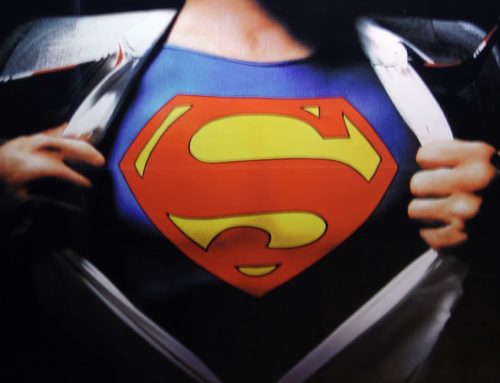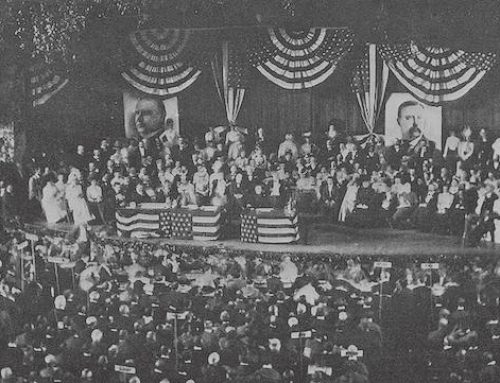Nothing focuses the mind like the prospect of imminent death. Throw in a global economic collapse and we might just achieve the kind of clarity and inspiration to, in Thomas Paine’s words, “make the world over again.” As one who fits the definition of “at high risk due to underlying health conditions,” I do not take the COVID-19 global pandemic and associated economic effects lightly. Yet, as an historian I know the rhythm of history and expect this collective calamity—an unforeseen development—may be just what we need to wake-the-fuck up and realize that we are all culpable for the path we have taken and the leaders we have chosen. The unforeseen has always driven world events more than the foreseen. As Michelle Obama suggested, power does not change people, it reveals who they really are. And, times of crisis quickly reveal who among our leaders are authentic and capable and who are incompetent frauds. Unfortunately, for this moment in history, we do not have a Washington, or Lincoln, or Roosevelt, who led America out of the peril of our three prior American crises; rather, we have a president whose sole concern—even with crisis raging—is, as it always has been, himself. How I wish Michelle was wrong.
Most (but not all) of us will get through this. Markets will recover once supply chains and demand are restored; washing hands and “social distancing” are welcome improvements on past practices. However, we should and must take this opportunity, afforded by crisis, to change our leadership and restore America’s Probity Values that have been squandered since the end of the Cold War. Responsible individualism must displace the narcissism that denominates too many of our behaviors. Exemplar exceptionalism—setting the example for others to follow—must subvert the arrogant imperial impulse that seeks to remake the world in the image of America. Perfectibility—leaving things better than we found them—must, once again, prevail over our sense of entitlement. Moreover, we must realize we are stronger together—united in common purpose—than we are pursuing power and wealth at the expense of our neighbors. We are capable of better behavior. Crises make transformations easier; in the chaos of creative destruction we must seize the moment.
The time is now to set a new course. Our differences and disagreements—stoked by those who benefit from divisiveness—must be set aside in favor of building stronghold communities. A stronghold community is a shared place that is largely self-sustaining and foundationally resilient; which looks no further than its common interests to guide its application of power and resources; and which seeks to achieve a sense of virtuous humanity where every member holds both the responsibility and opportunity of participation in advancing the objectives of the community. Our communities may be small, but we are strong. We must quit staring at the clown show that is our federal government and demand the return of both authority and tax dollars to our state and local communities. If we believe in ourselves and each other, we can create a better community, country, and world. The work begins now.






